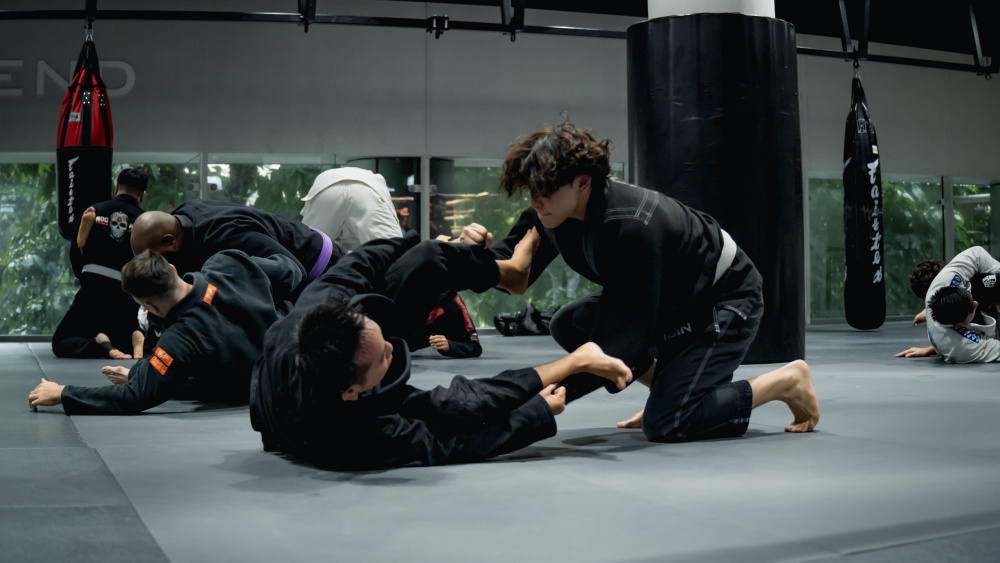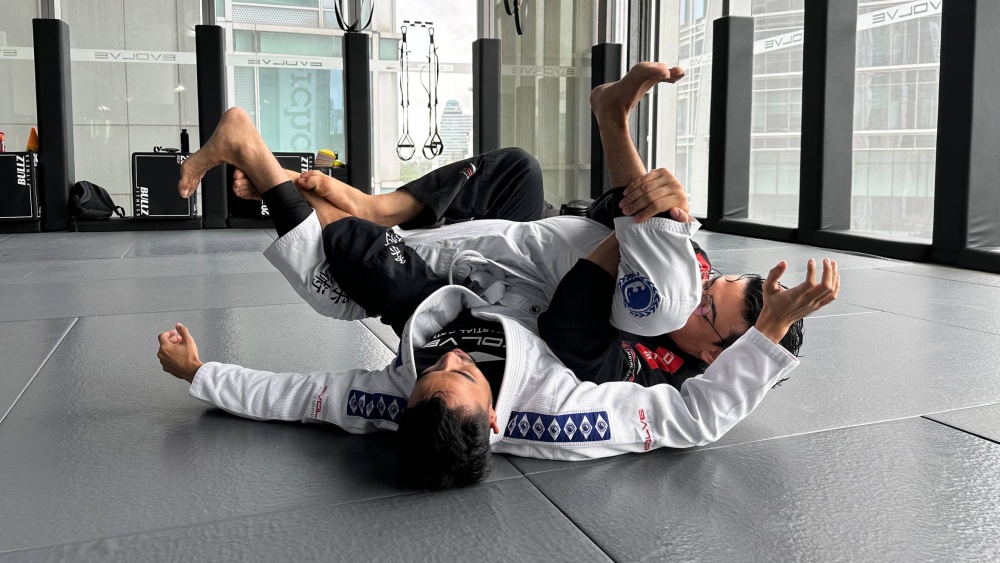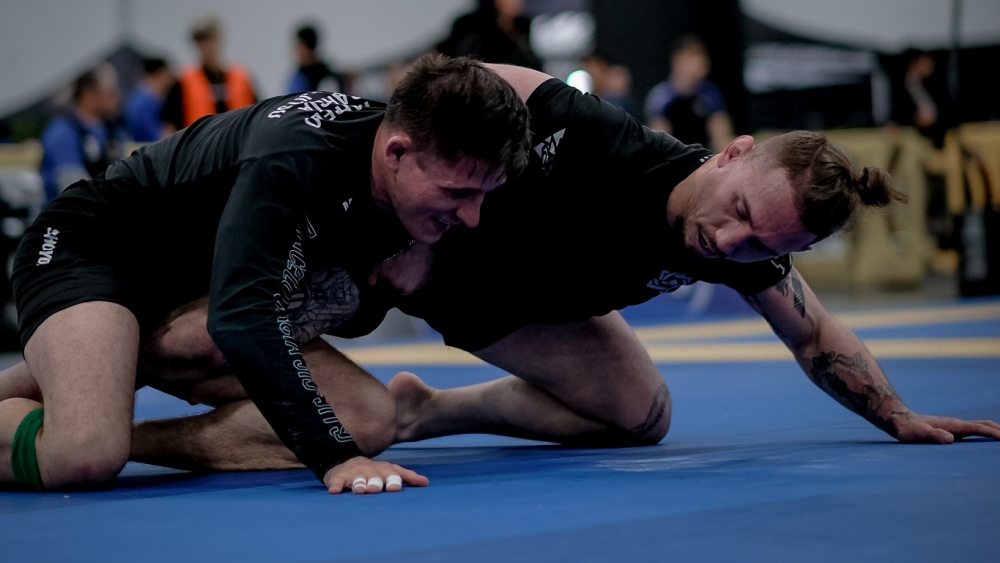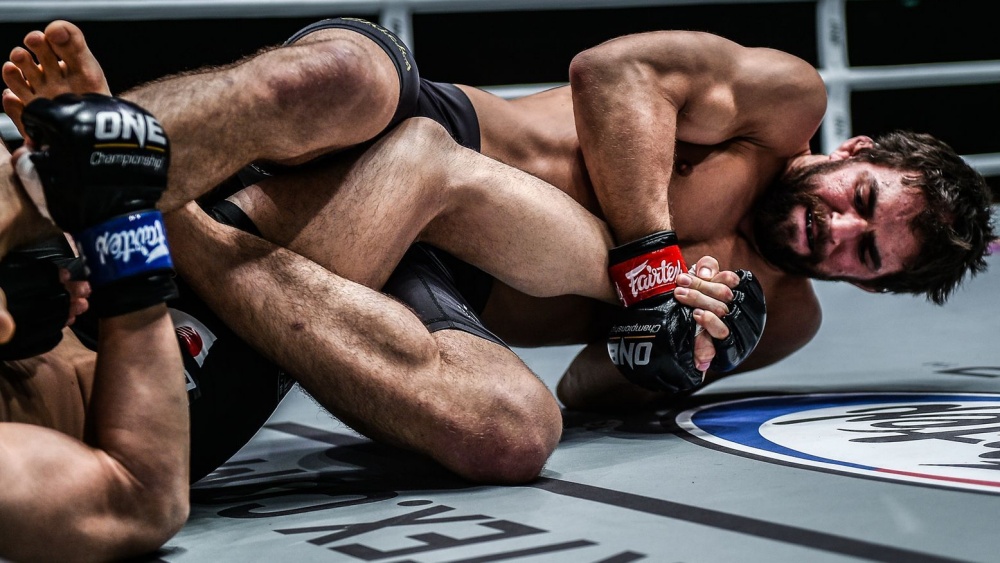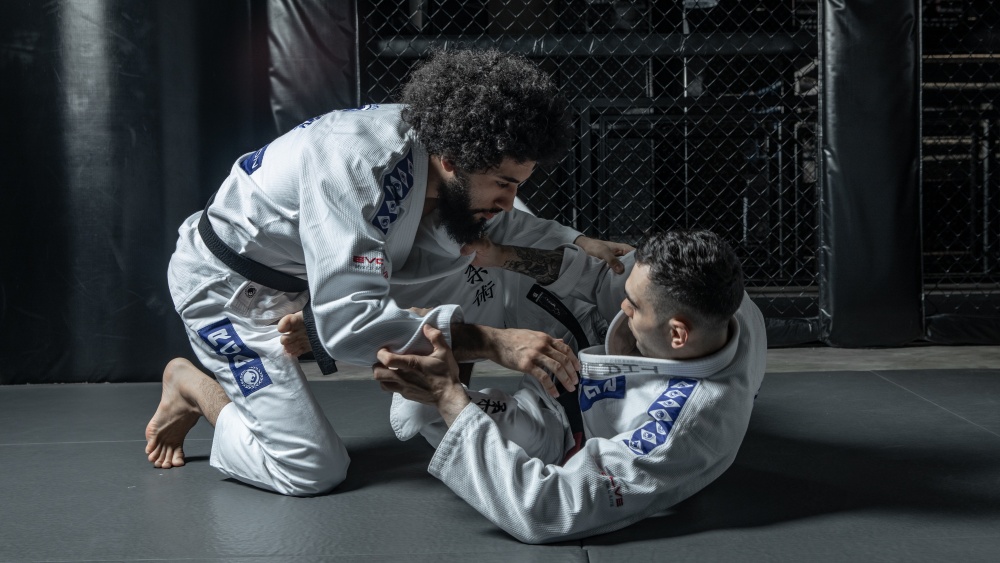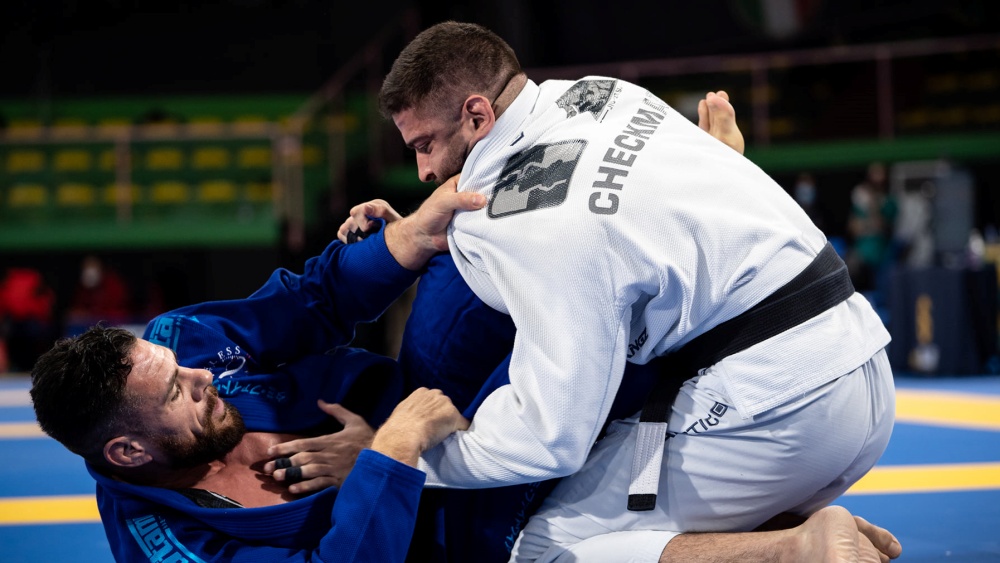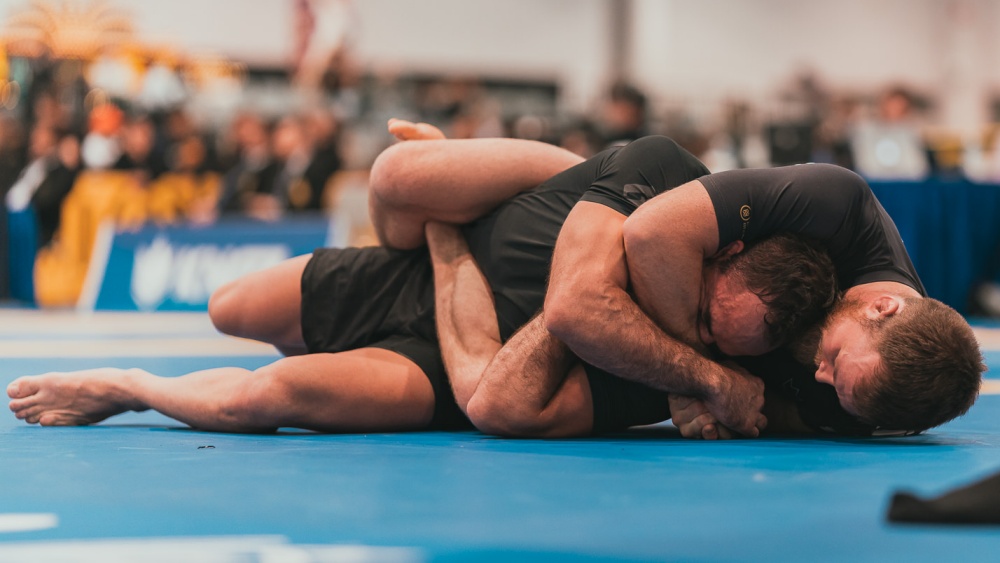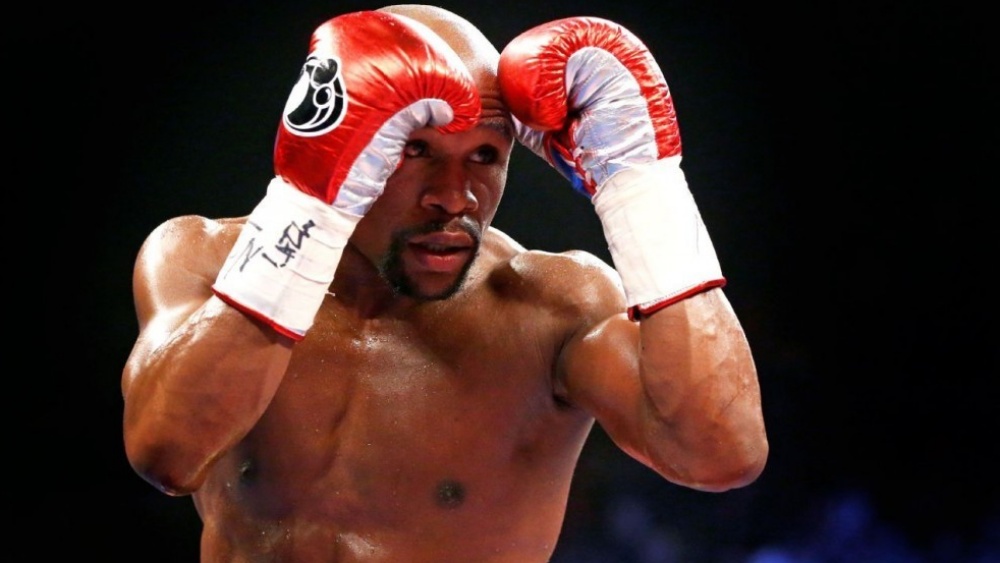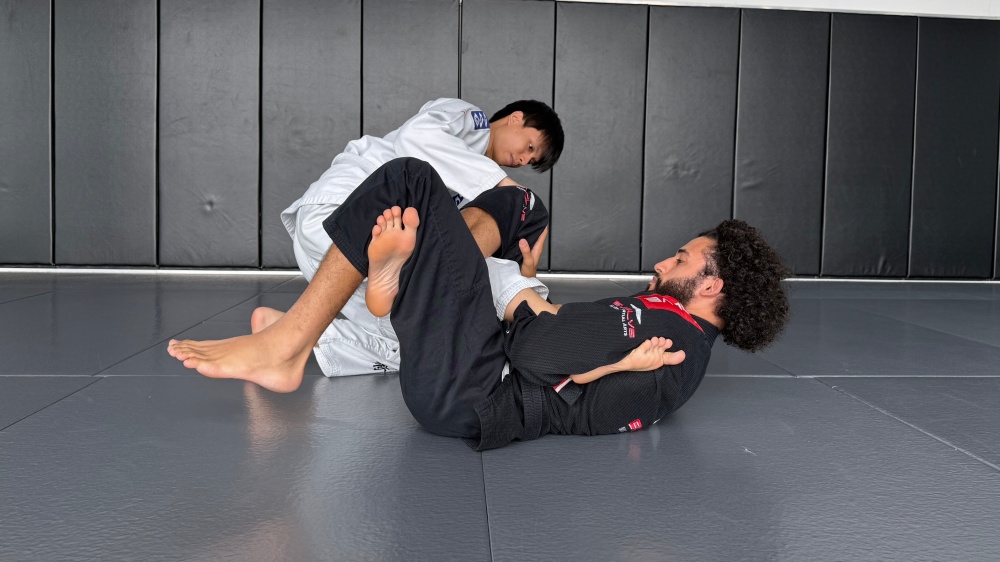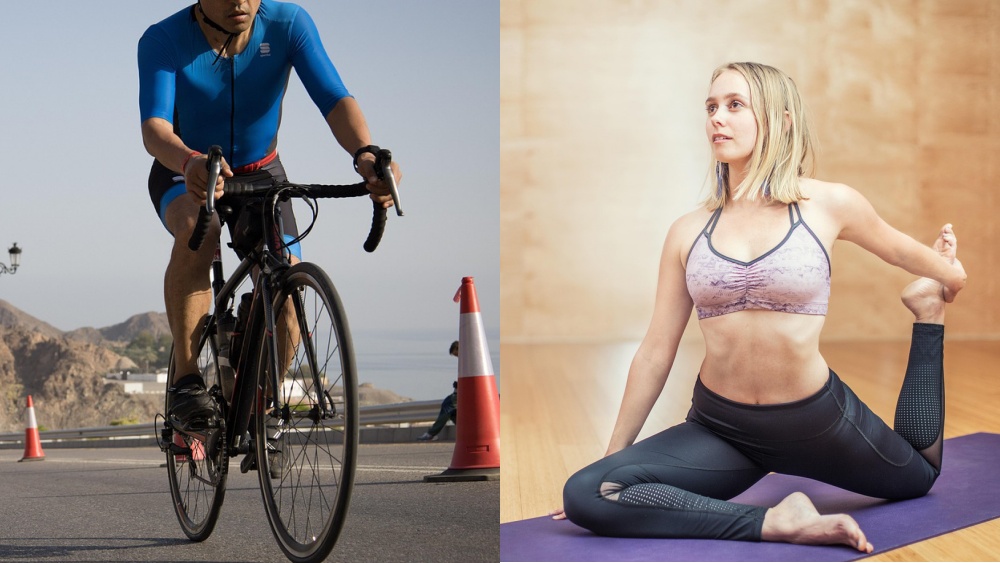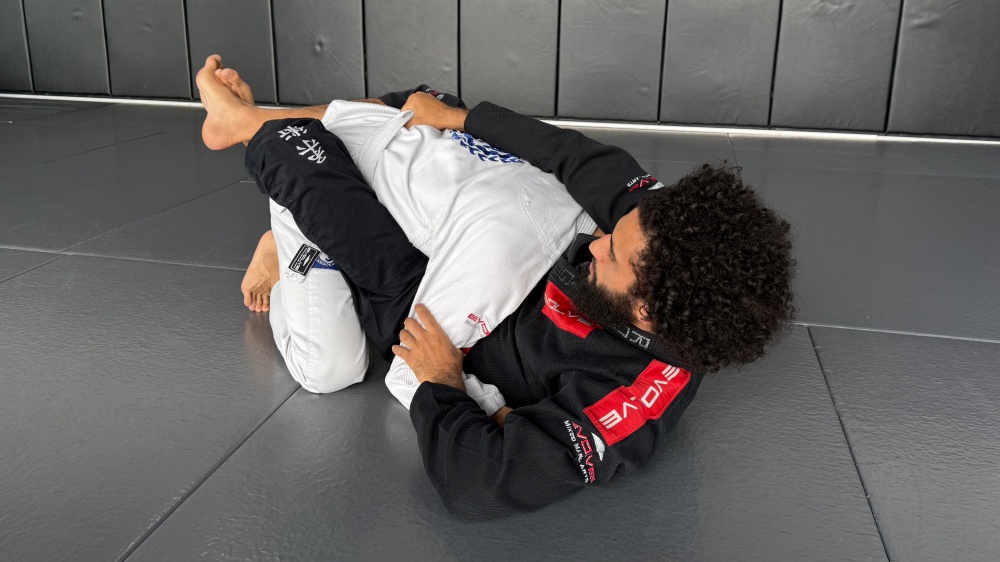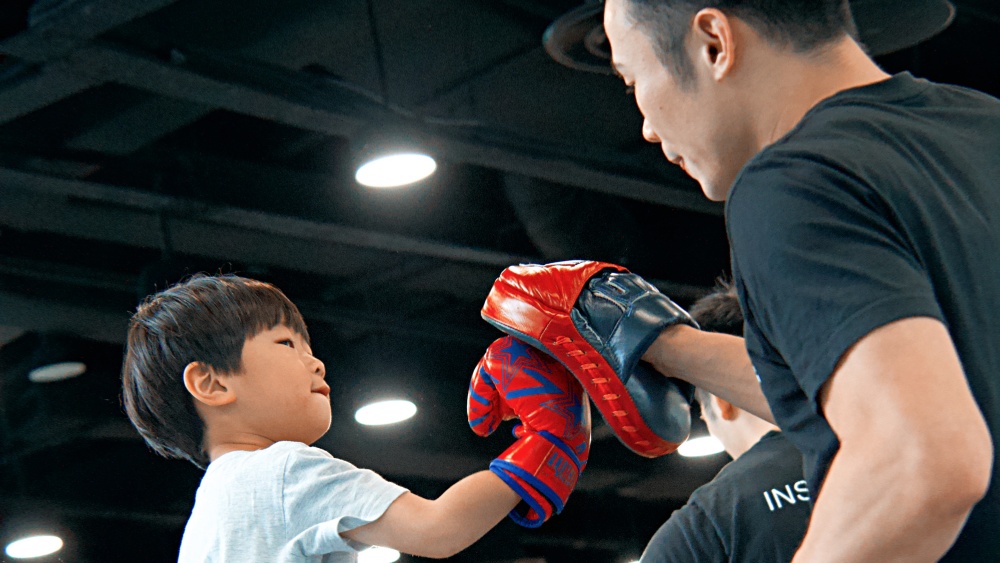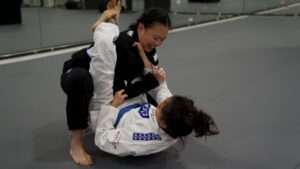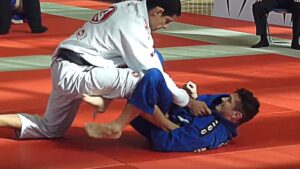BJJ’s popularity has increased exponentially in the past three decades thanks to the growth of mixed martial arts. It’s a fun martial art to train regardless of your fitness level, and it’s an effective self-defence system. Learning BJJ will transform you physically and mentally, unleashing the warrior inside you.
If you’re thinking about learning a martial art, Brazilian Jiu-Jitsu should be one of the styles you should consider. This article will go over some of the questions you might have. Some of the questions people thinking about signing up for Brazilian Jiu-Jitsu classes often have include:
1) What Exactly Is BJJ?
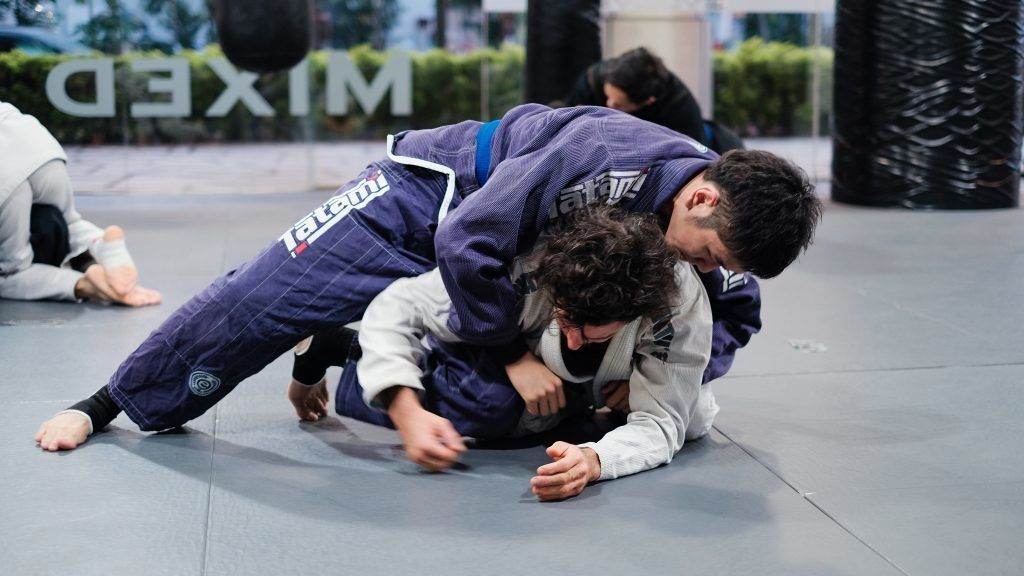
“BJJ” stands for Brazilian Jiu-Jitsu, which is an offspring of traditional Japanese Jujitsu. Traditional Jujitsu is a fighting system used by the Samurai a few centuries ago. It evolved into Judo when guns and other modern weapons made the Samurai obsolete.
Brazilian Jiu-Jitsu was developed by Hélio Gracie and his brothers who learned Judo from Mitsuyo Maeda. Hélio was a physically frail child and he quickly noticed many of the techniques he learned weren’t effective for him due to his physical limitations. This led him on a journey to develop a fighting system that allows weaker people to defeat stronger opponents.
That style is now called BJJ; a submission grappling system that specialises in ground fighting. By relying mostly on leverage, not strength, the Gracie family developed one of the most effective martial arts ever.
2) Will I Learn How To Throw Punches And Kicks While Training?
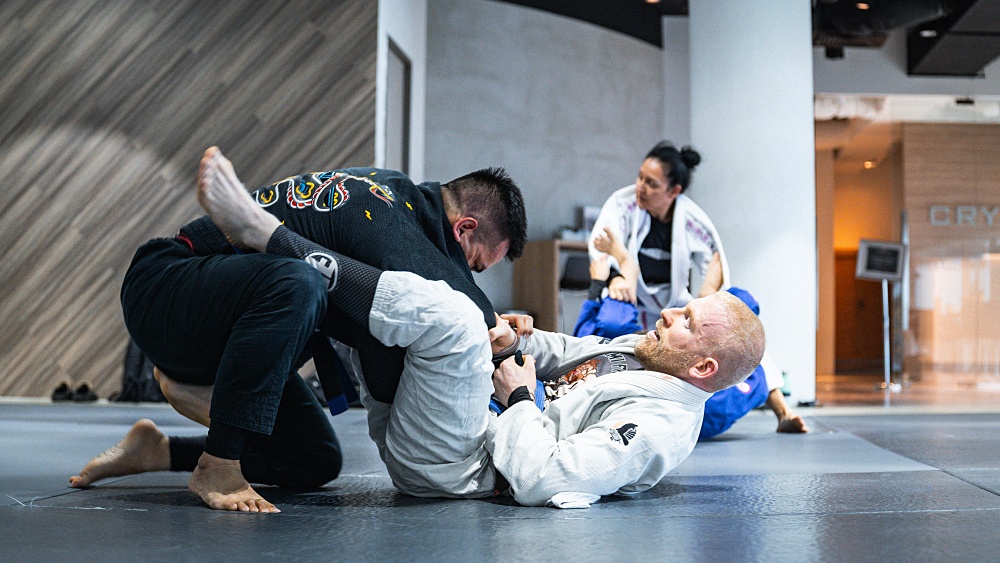
No. BJJ is a strictly grappling-based martial art. Strikes are not part of most training curriculum. There are combat Jiu-Jitsu schools that allow open-handed strikes, but those are the exceptions, not the norm. While many view the lack of strikes in BJJ’s curriculum as a major weakness, it’s also one of the reasons why it’s such an effective fighting style.
BJJ, being a grappling-only martial art, allows students to spar (roll) with full intensity without the risk of causing harm to their training partners. This makes BJJ sparring a lot like a real fight. Students learn how to control and submit opponents who are resisting with every ounce of energy they have, which leads to BJJ fighters performing extremely well in self-defence situations and sports like mixed martial arts. Fighting someone who is fully resisting is just another training day for a BJJ practitioner. Not knowing how to strike doesn’t mean much when you can drag people to the ground and choke them out.
3) What Do I Need To Get Started?
The most important thing you should bring with you is a good attitude and a willingness to work with others. Brazilian Jiu-Jitsu dojos typically have a low tolerance for negative behaviours or attitudes. Besides that, you’ll need at least one pair of Gi pants and a Gi if you plan to train the traditional way or clean shorts and t-shirts to train No-Gi BJJ. You’ll also need a mouthguard to protect your teeth if you get hit in the mouth while working.
Investing in a pair of flip-flops is also a good idea. You’re not allowed to wear shoes on the mat, and many dojos don’t want students walking around barefoot off the mat. No point in not wearing shoes on the mat if students walk all over the gym barefoot and bring on that dirt onto the mat.
A water bottle is also handy. Most BJJ schools provide water fountains or something along those lines so students can stay hydrated. Bring your own water bottle so you don’t have to go far whenever you need a drink. You’ll be drinking lots of water while you train. That’s guaranteed.
4) Is Brazilian Jiu-Jitsu Safe For Kids?
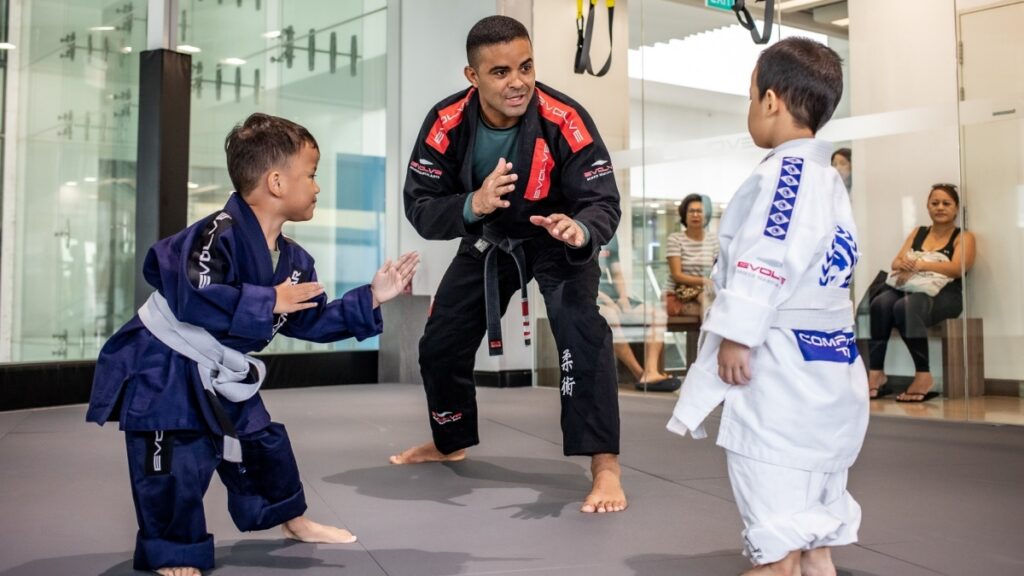
BJJ is perfectly safe for children as young as four years old. Children a little bit younger than that can also train if they have the attention span for it. Children are carefully supervised during their training, which circles around the core values of martial arts like hard work, discipline, and respect.
Research shows that children who train in martial arts perform better academically and are less likely to be targeted by bullies.
5) What Is Proper BJJ Gym Etiquette?
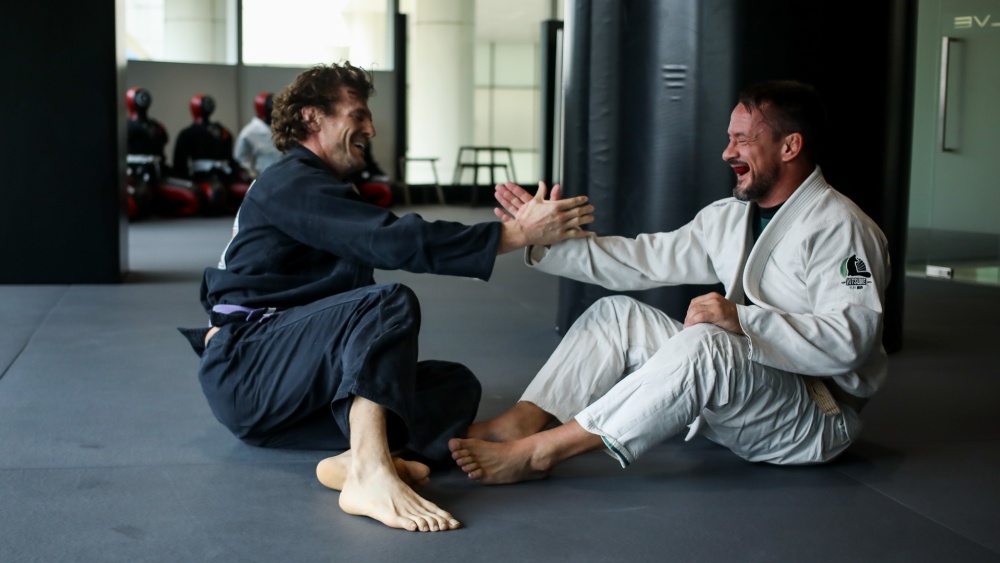
Brazilian Jiu-Jitsu gyms typically aim to be fun, positive atmospheres so you don’t have to worry about following a thousand rules. The basic rules in most BJJ gyms include:
- Be respectful toward your instructors and training partners
- Keep your fingernails and toenails trimmed
- Don’t wear jewellery, watches, chains, or anything else that can get tangled up while you train
- Don’t show up under the influence of alcohol or drugs
- Stay away from the dojo if you have a skin infection or contagious illness
- Don’t stink up the place
- Don’t use offensive language
- Show up for classes on time
6) What Is The Belt Ranking System Used In Brazilian Jiu-Jitsu?
BJJ uses a five-belt ranking system to mark each student’s experience level: white, blue, purple, brown, and black. New students start as white belts and earn a blue belt in about two years of consistent training. It takes about the same amount of time to earn each belt down the line until you attain a black belt.
Many modern BJJ schools add stripes to their students’ belts to signify their skill level. For example, a white belt who’s getting close to getting a blue belt might have three stripes on their belt to distinguish them from first-day white belts. Some schools use colours like yellow, orange, and green to mark the different stages of a white belt’s progress to a blue belt. It’s a good way to acknowledge the hard work of new students since it takes about two years on average to reach the blue belt skill level.
Book your complimentary trial class with our World Champions below!
If you have any other questions regarding Evolve MMA and the programs we offer, you can get in touch with our membership executives at the following locations:
Evolve MMA (Far East Square)
26 China Street
Far East Square #01-01
Singapore 049568
Phone: (65) 6536 4525
Evolve MMA (Orchard Central)
181 Orchard Road
#06-01 Orchard Central
Singapore 238896
Phone: (65) 6536 4556
Evolve MMA (KINEX)
11 Tanjong Katong Road
#02-52 KINEX
Singapore 437157
Phone: (65) 6288 2293
Evolve MMA (Star Vista)
1 Vista Exchange Green
#02-26A The Star Vista
Singapore 138617
Phone: (65) 6539 9590
